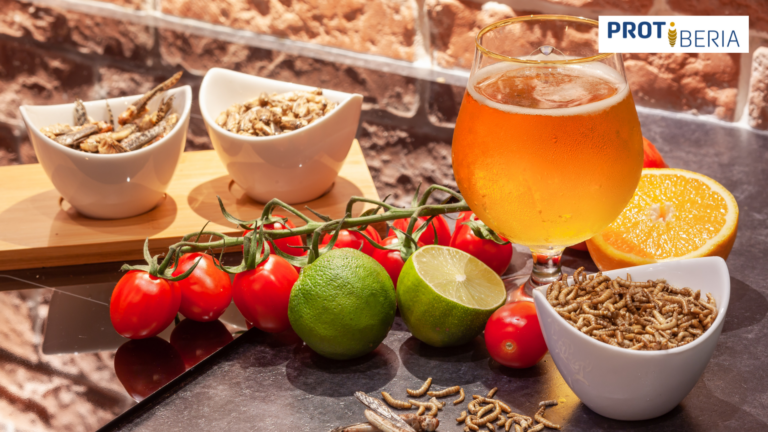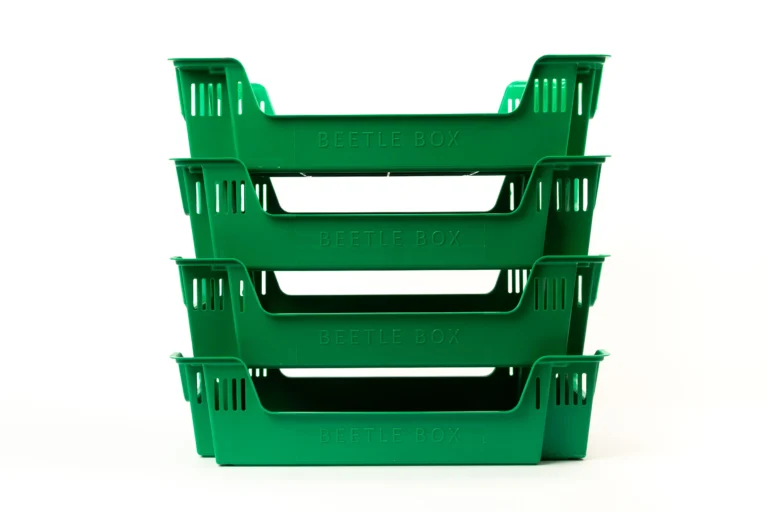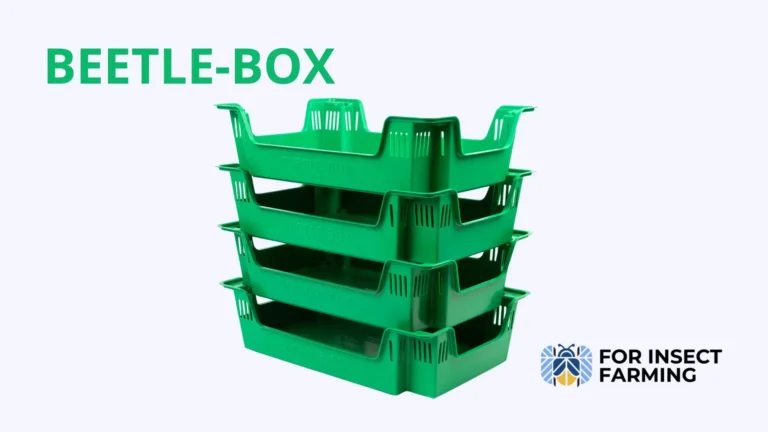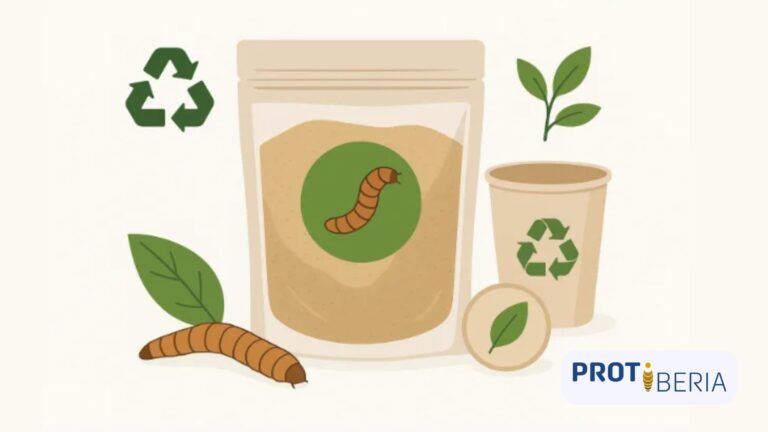| Currently, there is great interest among the population in including insects in the human diet due to their low environmental impact and high nutritional value, making them a very good alternative protein compared to the usual sources. However, there is a legal vacuum when it comes to being able to market and consume them. |
The situation regarding the use of insects in food in Europe has seen continuous growth and interest, both in human and animal nutrition.
Key Points of Insects in Food
To understand the current status of insects in food, it is important to know certain key points.
Firstly, it is essential to conduct a Food Safety evaluation; this evaluation is carried out by the European Food Safety Authority (EFSA), which examines the safety of insects intended for human and animal consumption, addressing crucial aspects such as microbiology, nutritional composition, and the presence of allergens.

Another significant point is to understand the existing Regulations regarding insects within the European Union. There are specific regulations for the commercialization of insects and their derivatives, always aiming to ensure the safety and quality of the products obtained. Although in some European Union countries, there are specific regulations or adaptations of European regulations at the national level.
European Legislation on Insects
The European Commission has considered the inclusion of certain insects in the list of Novel Foods under Regulation (EU) 2015/2283, thereby facilitating their legal commercialization in the European Union. Within the definition of a novel food in the new Regulation, insects are included in the category of “food consisting of animals or their parts, or isolated from them, or produced from them, which have not been consumed to a significant degree in the European Union before 15 May 1997.” Therefore, this Regulation currently governs insects in human food at the European level.

It’s important to know that within human food, the use and consumption of insects are based on studies and experiments to evaluate the feasibility and safety of their incorporation into food products intended for human consumption, such as energy bars and snacks.
In order to commercialize these insects in the European Union, they must be included in the list created by the European Commission under Regulation (EU) 2017/2470. Insects or parts thereof cannot be marketed unless they are whole insects tolerated in the market of EU Member States, sold by companies covered by the transitional period of this Regulation, during which they can continue to be marketed until the European Commission makes a decision regarding their authorization.
In Spain specifically, insect species covered by the transitional period can only be marketed under the principle of mutual recognition, which is based on mutual trust between Member States.
Species Included in the European Union List
Currently, there are only three species included in the Union list: Tenebrio molitor, Locusta migratoria, and Acheta domesticus, which are authorized with data protection for 5 years. Focusing on the commercialization of Tenebrio molitor, it is authorized to market it in dried form under Commission Implementing Regulation (EU) 2021/882.
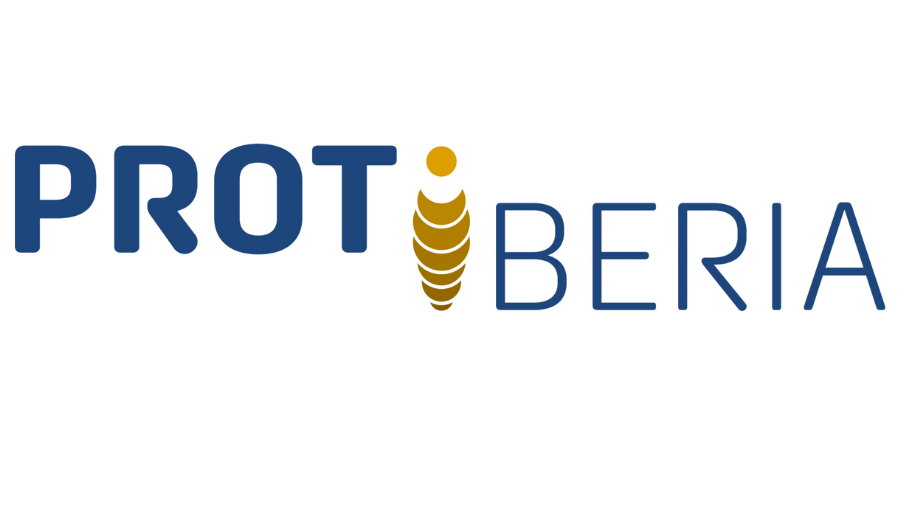
In conclusion, the use of insects in food is experiencing a notable increase in public awareness, although challenges still persist that need to be addressed to achieve widespread social acceptance.
References
SITUACIÓN DE LOS INSECTOS EN ALIMENTACIÓN HUMANA (aesan.gob.es)
